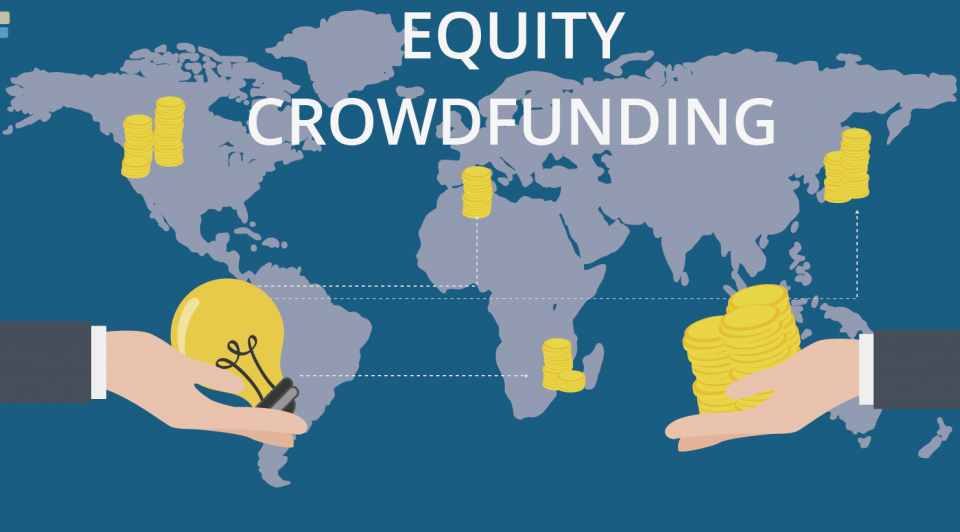Crowdfunding 2021: The State of the Equity Crowdfunding Industry

For many years, only the country’s wealthiest investors had access to pre-IPO shares and invest in high-growth companies at their earliest stages. These investors buy shares at a discount from the IPO price. However, it is a different story for new tech startups. Funding has always been a challenge. For tech startup companies, pre-IPO shares are one of the ways to raise funds and offset the risk in case the IPO does not turn out to be as successful as hoped.
The good news came in 2015 when a historic piece of legislation known as The JOBS Act opened up a new asset class to individual investors: Private Equity. As part of the legislation, the U.S. government made some of the boldest changes to U.S. securities laws allowing the SEC to let all qualified U.S. citizens invest in private companies. The revolution is called Equity Crowdfunding.
Equity crowdfunding provides a new way for tech startups to raise funds for growth. It’s also a new way for “the little guys” and everyday people to invest in these startups, too. Once only accessible to wealthy investors and venture capitalists, equity crowdfunding is now available to everyone.
Thanks to low interest from keeping money with banks and the U.S. flushed with trillions in stimulus money, institutional and retail investors alike are beginning to invest more in promising and innovative startups with the hope of getting great returns down the road. For example, the average crowdfunding campaign goals increased by 46% from 2007 to 202o, according to the latest crowdfunding data from crowdfunding platform EquityNet.
Since 2005, EquityNet has garnered five patents and grown into the leading business funding platform, with more than 200,000 users and $500 million in funding to date. Since 2007, EquityNet has been internally tracking crowdfunding statistics data that gives unique perspectives into the crowdfunding ecosystem and business funding environment more generally.
From financial metrics such as average funding goals, pre-money valuations, and revenues, to market insights like growth rates and company sizes, here are some additional data points from the EquityNet report:
- Average business valuations saw an increase of 31% across the board between 2007 and 2020
- Investor equity grew by 11% from 2019 to 2020
- The average pre-money valuation in 2020 was more than $7 million
- Most companies using crowdfunding have been in business longer than 6 years

Founded in 2005, the Salt Lake City, UT-based EquityNet is a crowdfunding platform that helps privately-held companies raise capital from accredited investors.

